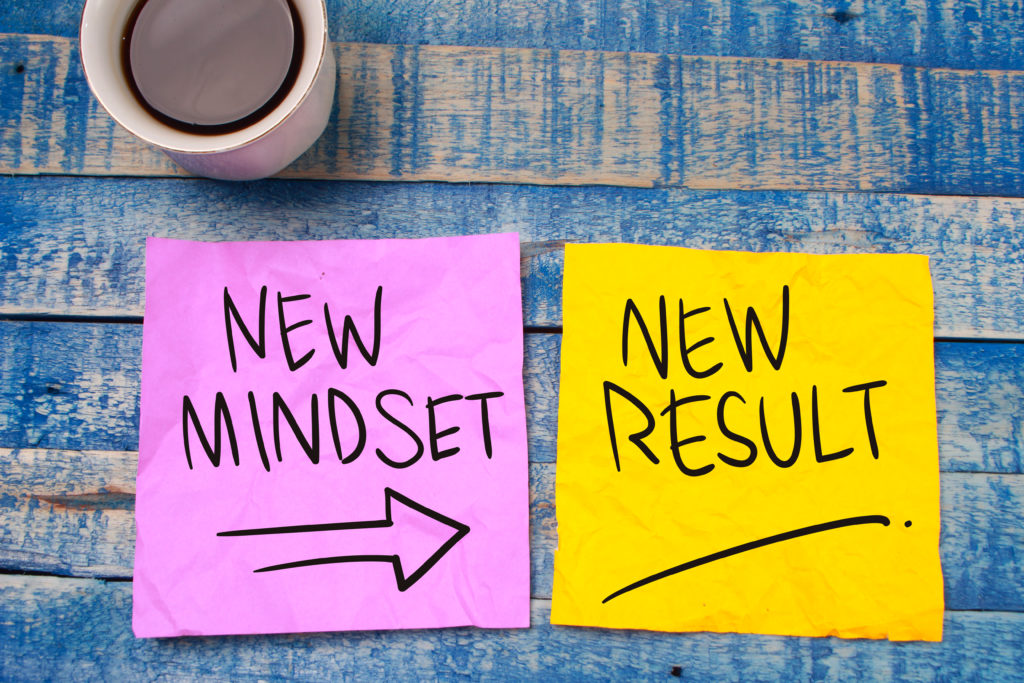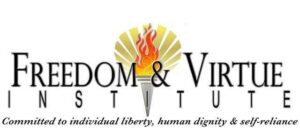Human dignity is a term almost universally accepted but whose specific meaning can be controversial. For some, there is nothing special in mankind different from other living beings. Human dignity is then a way of articulating human arrogance and justifying the mistreatment of animals. However, most people understand that there is something different about human beings—we are the exception.
Christians, like me, believe that human exceptionalism comes from being made in the image and likeness of God. Being created with such resemblance, we mirror our creator in the possession of certain capacities. So, the imago Dei accounts for various realities about our natural constitution but I will like to focus on two.
The first one is our capacity to reason. Humans reason includes activities such as syntactic language, philosophical speculation, creativity, science, mathematics, culture, and art. In brief, we can discover, ponder, imagine, build in our minds, envision, question, know.
Another capacity is called volition. This refers to the power of making choices and determinations. Through our will we can move ourselves in one direction or another. We can act according to a decision and mobilize ourselves voluntarily into creative (or destructive) activity.
It is in this double capacity that lies our dignity as being made in God’s image. Ultimately, God have us this moral capacity for self-realization through the potentiality of knowing the truth and doing the good. The double capacity is moral because we can go against right reasons and believe lies and do evil. The moral choice lies on what direction we take.

Every human being by virtue of being human is the type of being who can reason and choose, these potentialities exist in every human in radical fashion, in the very essence of our nature. Now, every potentiality exist in view of an actualization. One thing is to have the universal reality of being able to choose and another thing is what we actually choose.
In other words, human dignity in its intrinsic aspect is possessed by all as a potentiality. Yet, it is completed in all by acts of choice. That is, there is an existential reality to human dignity. The full scope of dignity then lies on what we believe and what we choose. This reflection is very important in our attempt at respecting human dignity, as the full scope of human dignity includes an assessment of what is true and good—otherwise it would be irrational to equalize every idea just because it is believed or conflate every choice as if they all have the same moral marrow. Respecting the full scope of human dignity requires a commitment to what is good and rewarding choices consistent with the good.
When it comes to the poor we must be quite careful in missing the full scope of dignity by attending only to intrinsic dignity. As intrinsic dignity is shared by all, one can see how universal biological needs are at the center, as these are shared by all. We might think that respecting dignity means to share things with others, give them food, shelter, clothing, and fight for policies that provide versions basic benefits. Biologism, unfortunately, informs most of what passes as respecting human dignity.

It ought be clear that helping the poor in biologistic fashion occurs when there is a crisis. A crisis refers to an event or circumstance where the acting person cannot actualize his potentialities as, through no fault of his own, the person is unable to act toward fulfilling his obligations. The helper becomes the main character in this drama—the person in crisis often is seen as a passive recipient momentarily. Assisting during a crisis is necessary as a way to restore the person in need to a situation where he can act on his own behalf. But what if poverty-alleviation efforts become a perennial response to crisis? What if families in perpetual crisis are created by insisting in a biologistic view that recognizes only intrinsic dignity?
The need to focus on existential dignity is evident here as a way to balance a desire to assist others. We shall never limit our respect for human dignity to “poverty alleviation” and transactional systems that attend biological needs. The condition of poverty and a crisis are different things and require different ways to serve. Existential dignity is demanding, challenging, and creative. It sees the person as capable of moral self-actualization and attends to the full scope of human dignity.


